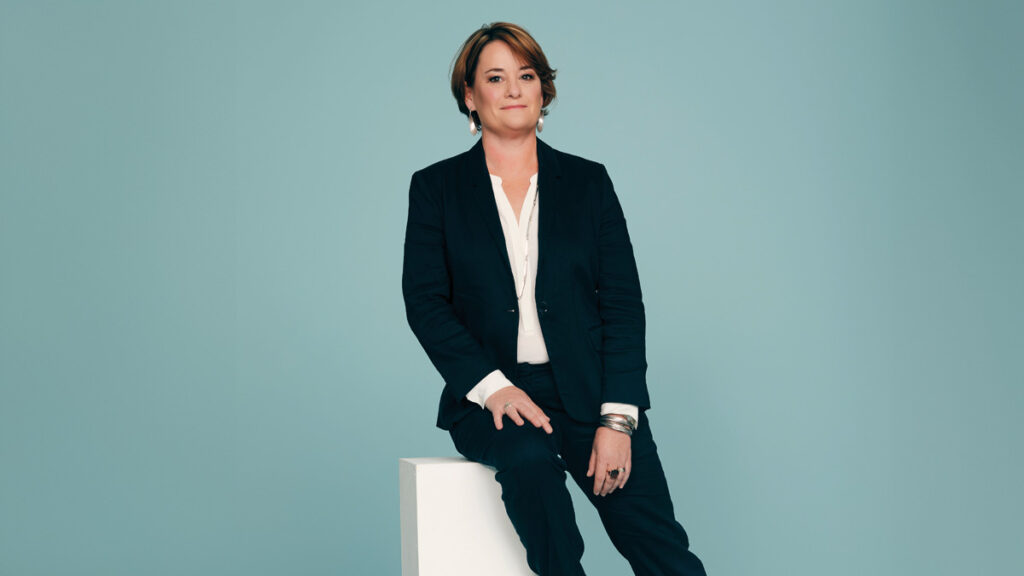Growth Stories: Treats galore
In this series, we look at the fast-growing medium-sized businesses driving the UK economy. Here, we profile Harriet Hastings and Biscuiteers

After a career in publishing and PR, Harriet Hastings saw a gap for luxury food gifting that led her to start the Biscuiteers Baking Company in 2007. After 17 years, Hastings heads a firm manufacturing 3 million iced biscuits annually, employs around 200 people and is expected to turnover more than £13m in the coming year.
“Food gifting was an open door,” recalls Hastings. “None of the big players was dealing with e-commerce. We developed the product concept to fit the idea.” Iced biscuits are flexible, have long shelf lives and can be put in the post, so they work well as a direct-to-consumer product. “We rejected quite a few products that didn’t meet those criteria,” says Hastings.
She also created a sector in personalised gifting. “We marketed the idea that you could send iced biscuits as you would flowers or chocolates. Our strapline is: ‘Why send flowers when you can send Biscuiteers?’ It encapsulates what we expect you to do with the product.”

Hastings and her husband, Stevie Congdon, funded Biscuiteers with their own money and incubated it within his catering company, Lettice.
“We got early adoption from the fashion industry, and the lifestyle fashion media drove a lot of interest,” says Hastings. “We launched in September 2007. By Christmas that year, we’d moved into our own premises, paid back our initial investment and had the beginnings of quite a big corporate business.”
In 2019, the firm opened a manufacturing facility in Colliers Wood, southwest London, to double production and “have all our employees in one place,” says Hastings, who led a £1.25m crowdfunding round on Crowdcube in 2016 before taking investment from a family office.
Lessons were learnt. “We hadn’t thought through the operational and manufacturing complexity.” Not that she has any regrets. “If you knew the problems you’d have to solve, you’d never get going,” Hastings says. “We’re essentially an artisanal brand working at scale,” she adds. “The most difficult thing we’ve had to do is to work out how to scale by designing our own manufacturing models and learning a great deal about the art of icing biscuits quickly and efficiently.”
Read about more inspirational businesses in our Growth Stories series.



